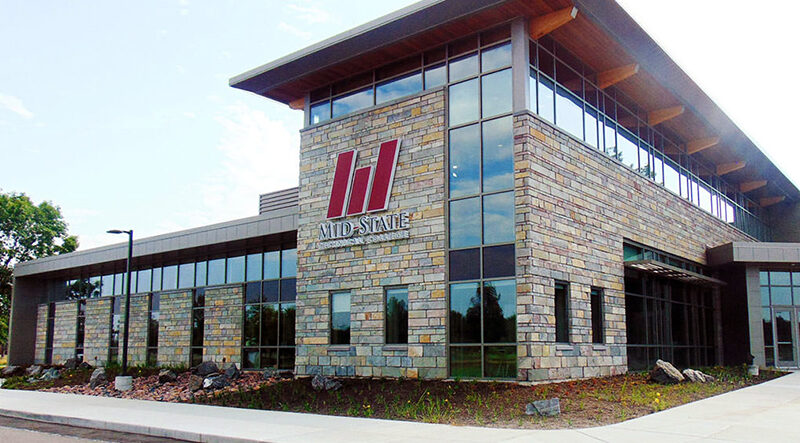Mid-State Board adopts 2019–20 budget
Metro Wire Staff
Mid-State Technical College’s Board of Directors announced on Thursday it has adopted its 2019–20 budget.
The adoption came after a public hearing during its June 17 meeting in Wisconsin Rapids. The annual budget goes into effect on July 1.
The new General Fund Operations budget is $30.2 million, a $386,000 decrease from the amended 2018–19 Fiscal Year budget. The operational budget was prepared with the assumption of comparable enrollments to 2018–19.
“As in years past, college administrators set out to develop a budget that balances the needs of its students and communities with available budgetary resources,” a news release from the college reads in part. “The higher education industry continues to undergo rapid change, and Mid-State has aggressively sought to address that change through its Strategic Directions and 2020 Vision, key drivers throughout the budget development process.”
Mid-State President, Dr. Shelly Mondeik, said the college is “always driven” by its mission to “transform lives through education and meet the growing needs of our local businesses.”
“This budget empowers us to develop the right programs and services to support that mission and continue to provide the supportive and caring learning environment our students thrive in,” she said.
According to Mid-State Vice President of Finance and Facilities Robb Fish, the college’s mill rate is projected to increase 3 cents per $1,000 of equalized property value, increasing the tax bill for a $100,000 home from $93.34 last year to a projected $96.61 in the coming year.
Mid-State poses a “considerably lower impact” than other taxing authorities because the college serves a broad tax base of 97 municipalities in all or parts of Adams, Clark, Jackson, Juneau, Marathon, Portage, Waushara, and Wood counties.
“Mid-State continues to offer innovative programs and access to world-class technology, facilities and services, and this budget funds that ongoing work,” said Fish. “There is a steady increase in demand for skilled professionals in central Wisconsin climbs, and we look forward to producing confident graduates to meet that need.”

